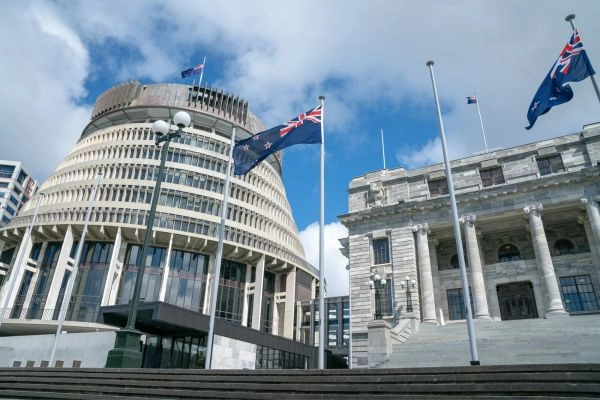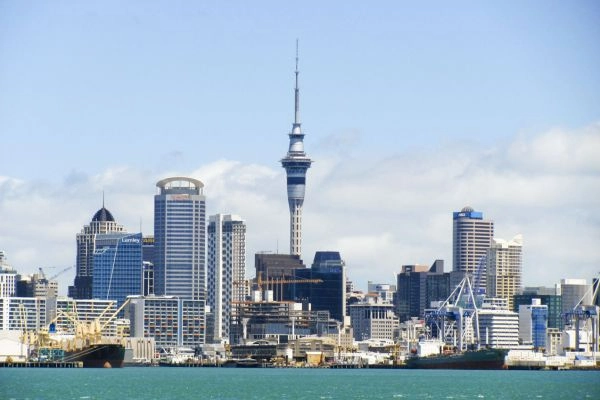Getting Ready for Limited Assurance in New Zealand’s Climate Disclosure Regime

New Zealand’s climate reporting requirements are already in force, but a new layer of accountability is on the horizon: limited assurance. From 31 December 2025, entities captured by the country’s climate-related disclosure regime will be required to have their greenhouse gas (GHG) emissions disclosures independently assured. For many organisations, this marks a shift from simply reporting to proving their data is complete, accurate, and verifiable.
Here’s what you need to know — and how to get ready.
What Is Limited Assurance?
Limited assurance is a formal review carried out by an independent assurer to confirm that your disclosures are plausible and free from material misstatement. It’s less intensive than reasonable assurance (like an audit), but it still requires robust processes, internal controls, and evidence behind every figure reported.
For now, the requirement applies only to GHG emissions, but the New Zealand government is considering expanding it to include governance, strategy, and risk management disclosures by 2028.
When Does Assurance Start?
- 1 January 2023: Climate disclosures became mandatory under the Aotearoa New Zealand Climate Standards (NZ CS).
- 27 October 2024: Assurance begins to apply to GHG emissions for accounting periods ending on or after this date.
- 31 December 2025: Full limited assurance of GHG disclosures becomes mandatory for all applicable Climate Reporting Entities (CREs).
Why It Matters Now
Preparing for assurance is not a last-minute task. It requires organisations to:
- Ensure data quality and traceability
- Implement internal control frameworks
- Document methodologies, assumptions, and calculations
- Maintain clear audit trails
- Engage the right internal and external expertise
The earlier you start, the smoother your assurance journey will be — especially when it comes to Scope 3 emissions, which can be complex and heavily reliant on supplier data.
What About SMEs?
While limited assurance is not yet required for smaller businesses, many SMEs in New Zealand operate within the supply chains of large reporting entities. That means they may soon be expected to provide reliable emissions data or disclosures as part of their commercial relationships.
Getting systems in place now can help SMEs remain competitive and build trust with larger partners.
How Speeki Can Help
Speeki is purpose-built to support assurance readiness. Our platform enables:
- Centralised, structured data collection
- Built-in workflows for documentation and evidence tracking
- Tools aligned with both TCFD and IFRS S1 and S2
- Programmes that integrate emissions tracking into broader sustainability strategies
- A flexible, cost-effective alternative to Big Four assurance preparation — ideal for New Zealand’s SME-heavy market
We don’t just help you report — we help you prove it.

.webp)


